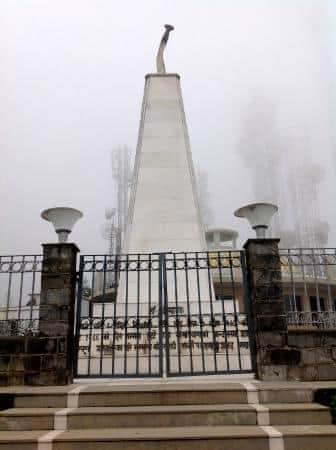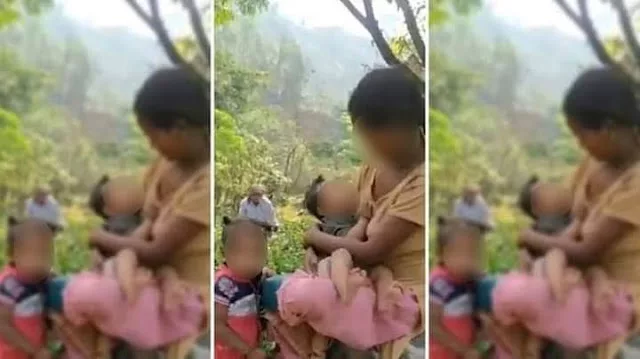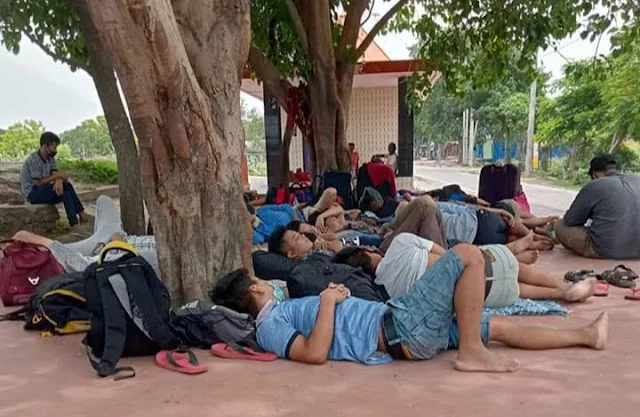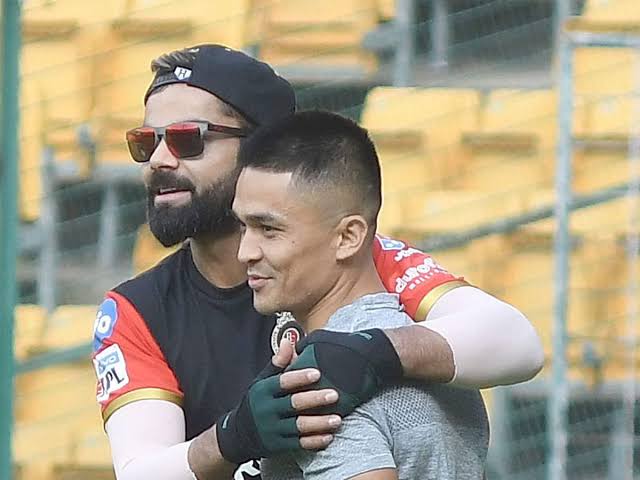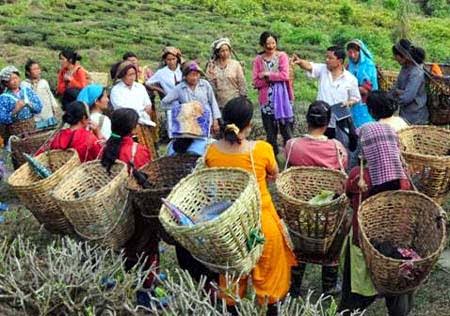 |
| Khambu Rai Rights Movement for Tribal status |
In February-end, about a fortnight before the model code of conduct was to be imposed, chief minister Mamata Banerjee had asked the cabinet to recommend to the Centre the inclusion of the 10 hill communities in the ST list.
Sources at Nabanna had said on February 28 that the chief minister had signed the file recommending the ST status for Rai, Yakkha, Gurung, Bhujel, Newar, Jogi, Sunwar-Mukhia, Mangar, Khas and Thami communities.
“Ideally, the proposal should have been vetted by the state cabinet. But the chief minister does not want to delay the process and it will be mentioned in the cabinet later,” an official had said.
Sources had said that the state government’s move to seek ST status was a political stunt ahead of the Lok Sabha polls as a survey has shown that most of the communities don’t fulfil the economic and social criteria needed for the tag.
Observers were of the opinion that Mamata had taken the decision to woo the hill voters as the issue of inclusion in the ST list is the most sought-after demand by the non-tribal communities in the hills, apart from the statehood issue.
The 10 hill communities’ cumulative population percentage is around 55 per cent.
The Morcha had been consistently raising the issue. On July 14, 2013, the Morcha-run GTA Sabha passed a resolution for granting of ST status to the 10 hill communities.
Babul Roy, senior research officer and Central Public Information Officer (CPIO) of the office of the registrar general of India, while replying to an RTI application filed by a resident of Darjeeling, has stated: “This office had received a proposal of the West Bengal State government through the Ministry of Tribal Affairs on communities namely Bhujel, Gurung, Mangar, Newar, Jogi, Khas, Rai, Sunuwar, Thami and Yakkha (Dewan). However, later on, the Ministry of Tribal Affairs has withdrawn these proposals. At the moment, these are not pending in this office.”
The registrar-general’s recommendation is an important step towards the granting of tribal status.
The process first starts with the Cultural Research Institute (of a state) conducting a research. The research report is then sent to the state’s backward class welfare department.
Following the state government’s recommendation to the Union tribal affairs ministry, the proposal is then sent to the registrar-general’s office, which is under the home ministry.
This office then sends its opinion to the tribal affairs ministry following which the cabinet takes its decision.
Even though the RTI reply does not mention the reason behind the tribal affairs ministry withdrawing the proposals, the reply does state that the main criteria for determining the ST status are “social and economic backwardness along with tribal characteristics”.
Roshan Giri, general secretary of the Morcha, said: “We will not give up on this demand.”
VIVEK CHHETRI
Source: Telegraph

